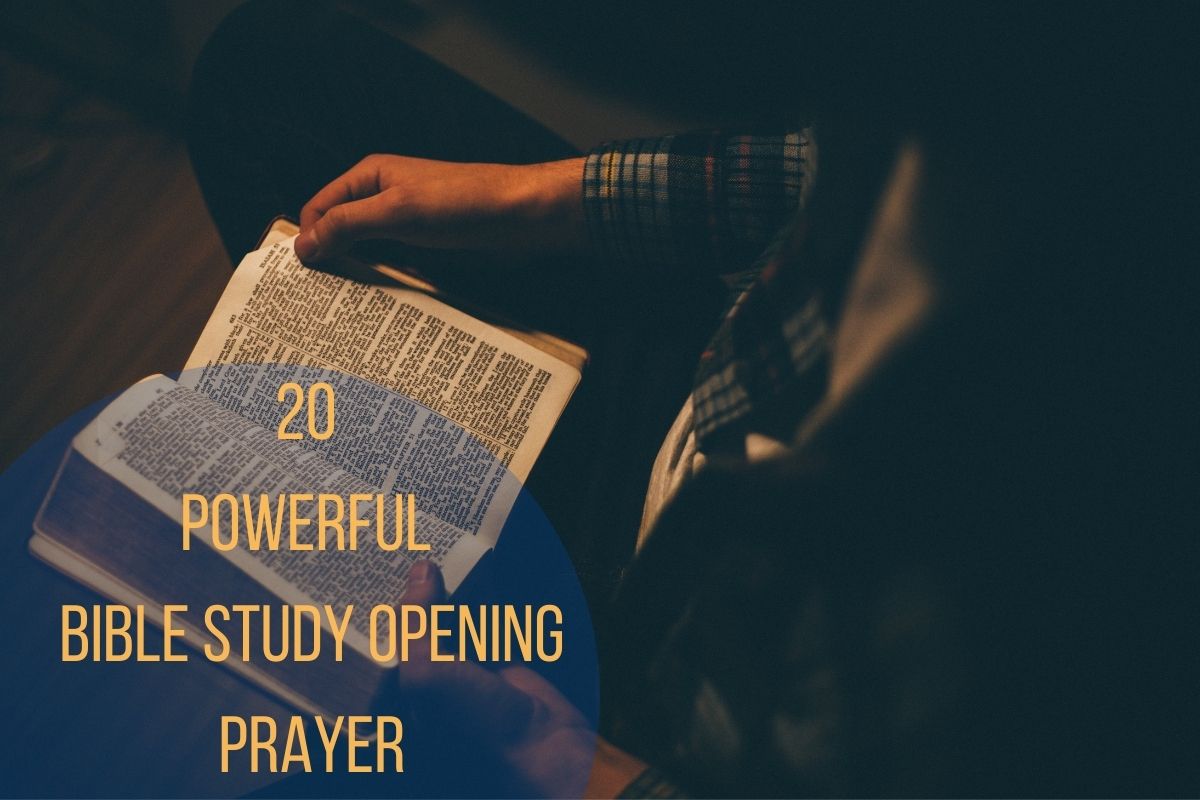The Meaning of Palm Sunday Catholic: On the Sunday before Easter, Christians observe Palm Sunday, a major holiday. It honours the story found in the four New Testament Gospels of Jesus Christ’s victorious entry into Jerusalem. The masses greeted Jesus with palm branches, which stood for harmony and victory.
The Meaning Of Palm Sunday Catholic
Passion Sunday is another name for Palm Sunday to the catholic. The origin of Palm Sunday is in its commemoration of the day when the people carried palm branches to welcome Jesus into Jerusalem. Because the gospel tells the story of Jesus’ suffering, it is also known as Passion Sunday.
Significance Of Palm Sunday
1. Christ Arrives in Peace
The donkey represents His quiet arrival, which is intended to find and rescue the lost. He is coming to earth to fulfil the role of the sacrificed lamb. Luke describes Him as sobbing over Jerusalem, expressing His anguish over both the city’s impending destruction and the people who reject Him and the salvation He offers.
This is very different from His second coming when He will ride a horse and deliver judgment: Revelation 19:11–16
2. Christ Is Respected
Christ is accorded enormous praise in all of the narratives. The spectators display a triumph gesture often reserved for kings and queens as they lay down their clothes in front of Him and wave palm branches. The passersby yell “Hosanna,” a sign of admiration and praise that is also connected to the Aramaic term for Savior. Psalm 118 is echoed by the bystanders and is a portion of the Hallel, a hymn that is customarily sung at the temple on Jewish holidays.
This triumphant entry serves as a reminder that, although going through a great deal of grief and suffering, Christ has eventually triumphed over sin and death.
How Today Is Celebrated
Palm Sunday celebrations kick off Holy Week. In remembrance of Christ’s arrival in Jerusalem, the congregation uses the palms that the priest has blessed and distributed to them in a procession around the church. The palms are either burned and used as ashes for Ash Wednesday services the following year, or they are maintained and used as a constant reminder of Christ’s victory.
Conclusion
The last week before Easter, known as Holy Week, officially begins on Palm Sunday. Historically, this week has been set apart for introspection, prayer, and getting ready for Easter, a celebration of Jesus’ resurrection.







